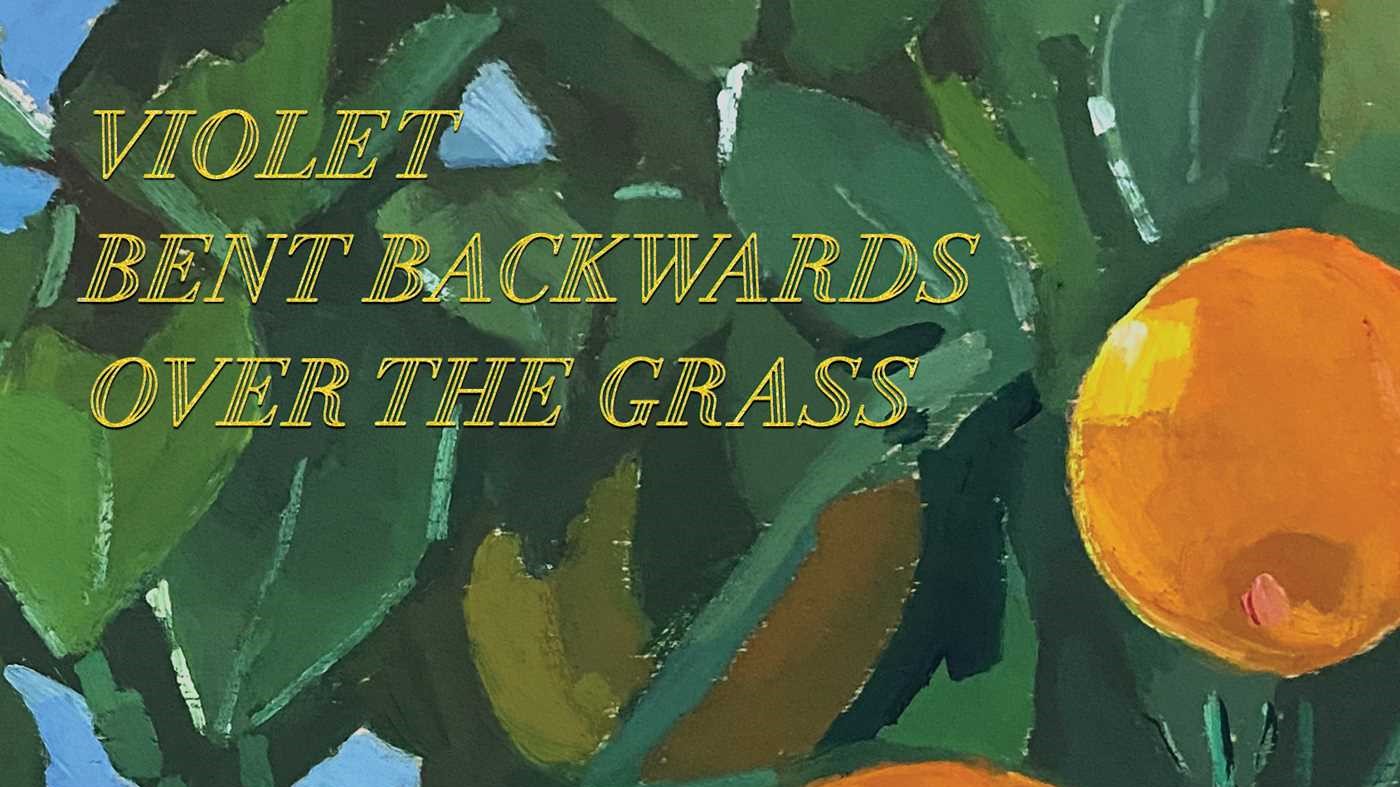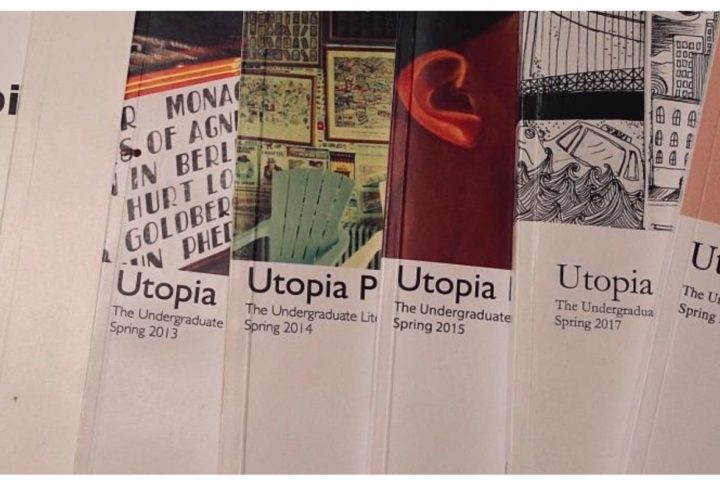The Gold Derby Music Awards not only awarded Lana Del Rey with Best Rock/Alternative Artist, but they also named “A&W” the Best Rock/Alternative Song of 2024. In it, Lana grapples with sexual assault, victim blaming, and femininity, so I decided to revisit her poetry collection Violet Bent Backwards Over the Grass because of its similar themes.
This poetry collection screams Lana from its core. It is unapologetically feminine, American, and steeped in her identity — or at least who she wants to be. For Lana, her femininity seems intrinsically embodied. Her poetry dragged me down to the earth and into myself as I listened to it, and I think her choice to have it published not only physically but also as a spoken word album speaks to that fact.
Her poetry is not only words that entertain cerebrally, but also the music that swells to emphasize her speech. It’s not only the words read on the page, but also her earnest voice speaking to you. It’s not only thoughts, but music to be experienced in the body.
Perhaps this makes her work silly. Perhaps poetry should simply be read. Perhaps poetry shouldn’t be interpreted for you with music. But I think she did something special here. She first mentioned her budding desire to write poetry during a 2018 interview with DJ Annie Mac, saying “I feel like I’m in the 19th century.” I think she did an amazing job at uniting the past, which is a clear staple of hers, with the media allowed to her in the 21st century.
I would be remiss if I didn’t mention “Salamander” in this review. The poem sucked me in only to be shaken out of my contemplative trance by her words: “I’m a real poet! / My life is my poetry, my love making is my legacy!” At the risk of sounding like any other reviewer, I definitely found this cringey. But I think this line makes the poem more complete and reveals something Lana wanted to bring to the forefront.
In Lana’s May 2020 “Question for the culture” Instagram post, she identified herself with, “The kind of women who are slated mercilessly for being authentic, delicate selves” when she was faced with criticism for “glamorizing abuse.”
Perhaps her most emphatic lines in “Salamander,” and maybe even the whole collection, are the most plain, sincere, and simple, but that might be the most poetic thing she could do. Her concern in this poem is the ineffable sanctity of her life, and writing takes away from her life, commodifying it. The most fitting thing to do, then, is to throw a wrench into the writing itself, letting her life take away from her writing in its sheer simplicity.
This poem, however, contrasts with “Sportcruiser,” probably my favorite poem of the group. In this poem Lana tries to separate herself from an ex she’s obsessed with by learning to man a ship and fly a plane. She is confronted by her lack of trust in herself and her weakness, a common theme throughout her music and poetry that rouses people’s anger. It’s this thread of weakness and submission that causes people to think Lana glamorizes abuse. However, throughout the course of the poem, we see her emphasis on embodiment and the present moment, as she feels the wind on her skin and she embraces her identity as a writer.
Lana doesn’t fight traditional femininity but embraces it. For example, in “Never to Heaven,” she comports herself with the strength of a woman — the strength of a woman equal to a man. The poem is written like a prayer, like a prayer to remain grounded on earth, and she prays, “That [she] may / always keep [her] eyes level to [his] eyeline / never downcast at the table cloth.”
In her final lines, Lana says she has “faith in man” not because of the man she is speaking to, but “because I believe in the goodness in me.” Lana’s poetry is strong because of her authenticity to herself. Despite its apparently cringey moments and occasionally less-than-poetic language, I think she exploits this radical simplicity to explore her identity in a way others couldn’t. This whole collection of poems sheds light on Lana’s identity in more ways than can be spoken about in one small review; I can only encourage you to experience it for yourself.












Such an amazing piece from The Knight News. A much needed and refreshing take on such a talented poet and artist. Beautifully written Fernando, congrats on this publication.